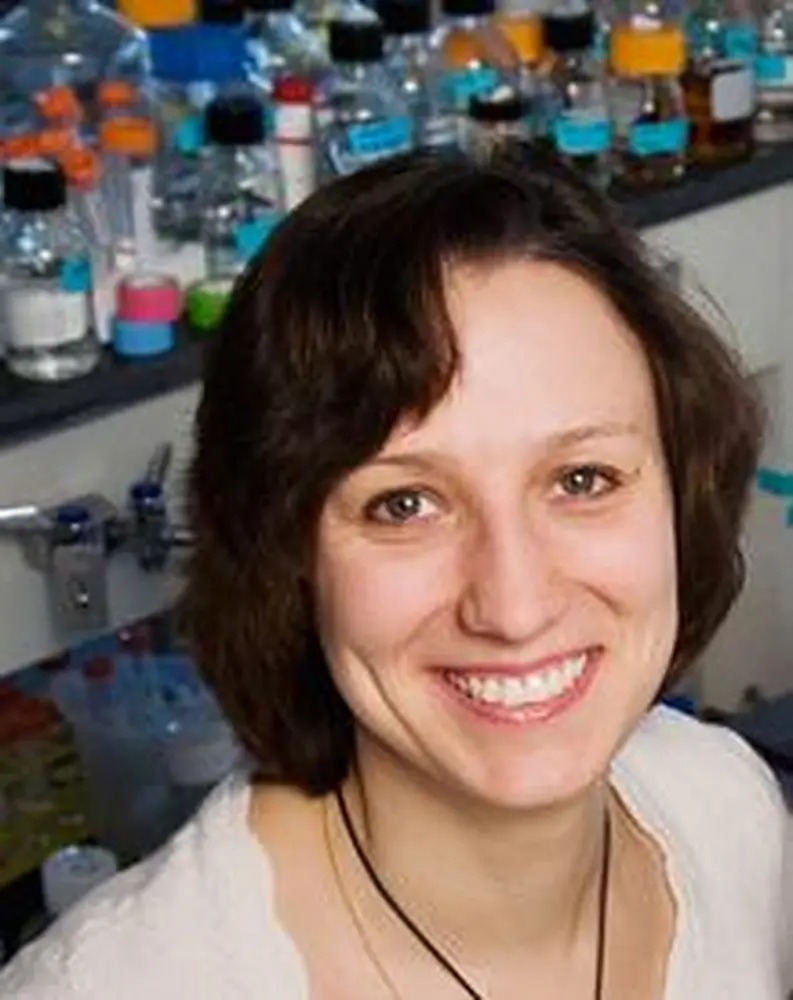
Assistant Professor of Biochemistry Maria Spies has been selected to receive a Howard Hughes Medical Institute (HHMI) Early Career Scientist Award. The award aims to provide generous funding to the most promising early career scientists in the country. According to HHMI, “The new program is aimed at researchers who have run their own labs for two to six years and are now at a critical point in establishing their own vibrant, independent research programs.”
Spies’s current research focuses on DNA helicases—enzymes essential to DNA replication and repair. Her work has been published in Nature, Cell, and the Journal of Biological Chemistry among others.
“DNA helicases act as critical components in many molecular machineries orchestrating DNA repair in the cell.” Spies said. “Multiple diseases including cancer and aging are associated with malfunctions in these enzymes.”
By using single-molecule experiments and classical biochemistry the Spies lab has detailed the mechanisms by which many proteins interact with DNA, and will continue to do so thanks to her Early Career Scientist Award.
The HHMI launched a nationwide competition last March to select the best biomedical researchers who have run their own laboratories for two to six years. Selected scientists have their work funded for six years, totaling over one million dollars of support.
According to HHMI President Thomas R. Cech, “We decided to focus on scientists who have led their own laboratories for several years because many of these scientists are at a high point of their creativity just as they see their start-up funds and early-career awards ending. Some of them may still be in line for their first NIH R01 grant, while others may have their first grant but are facing the very challenging first renewal of that grant. It is this period of career vulnerability that the HHMI Early Career Scientist Program aims to bridge.”